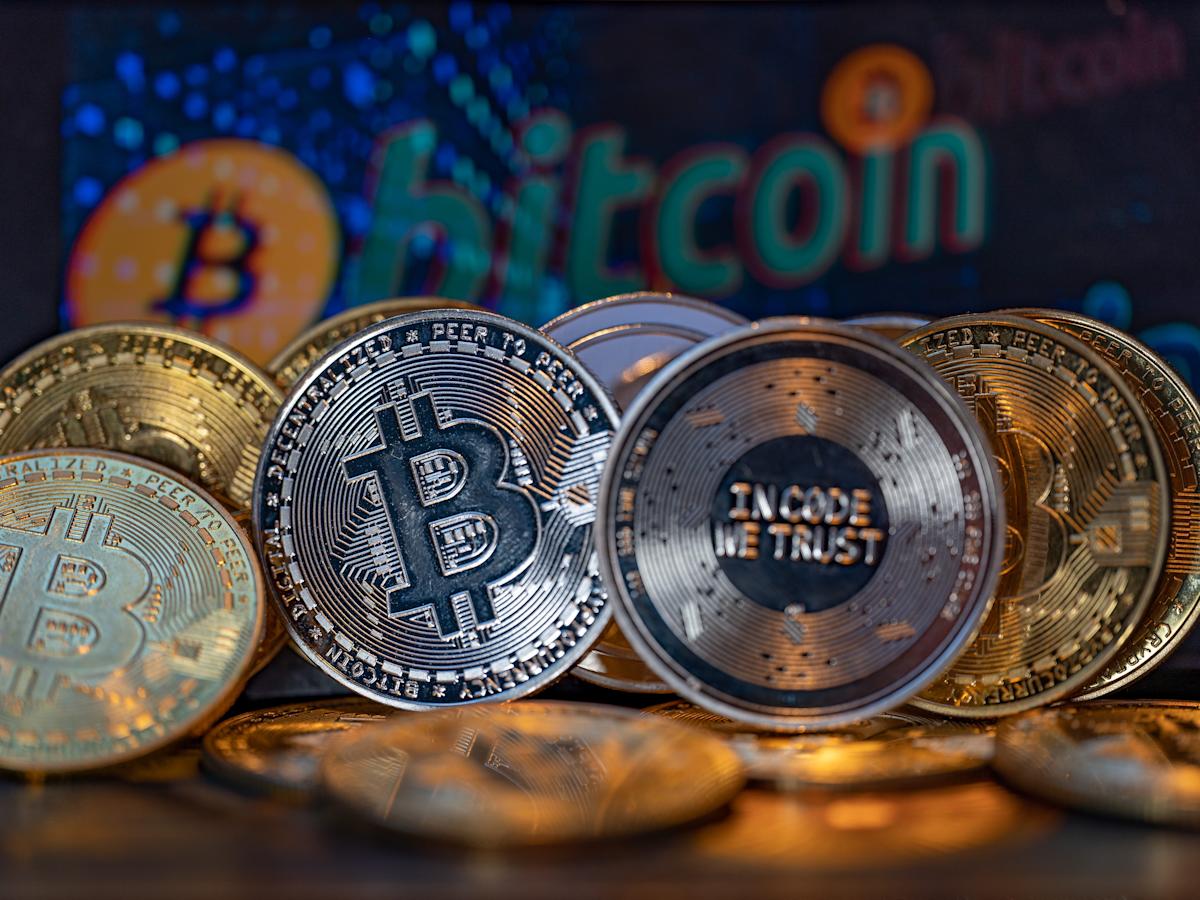Crypto millionaires are looking for golden visas, and some are already paying with bitcoin
-
Crypto millionaires are looking to buy golden visas with their digital coins, a new report found.
-
St. Kitts & Nevis, Panama, and the UAE now accept bitcoin for visas, according to Henley & Partners.
-
Wealthy crypto holders prefer fast blockchain payments over costly, slow bank transfers.
The world now counts 241,700 crypto millionaires, a 40% surge in 12 months, as digital assets reshape how the wealthy move their money or even buy citizenships.
According to the Crypto Wealth Report 2025, produced by investment migration firm Henley & Partners, bitcoin millionaires jumped 70% in the past year to 145,100 as of June.
It comes as governments from the Caribbean to the Gulf are opening the door to crypto payments for residency and citizenship by investment programs — marking a turning point in how digital wealth plugs into global mobility.
“While the percentage of clients actually transacting in cryptocurrency remains relatively small due to current program limitations, we’re seeing significant interest and inquiries about crypto payment options,” Dominic Volek, group head of private clients at Henley & Partners, told Business Insider.
“We’ve gone from virtually zero crypto-related inquiries five years ago to fielding questions regularly, particularly from tech entrepreneurs and younger high-net-worth individuals,” he added.
Some of that demand is already filtering through real estate.
Several investment migration programs tie eligibility to property purchases, and developers in St. Kitts & Nevis, Panama, and the UAE now accept crypto as payment, creating what Volek calls “an indirect pathway for crypto holders to participate.”
The timing, he added, is no coincidence.
“These programs only started accepting crypto in late 2023 and 2024, so there’s years of pent-up demand finally finding an outlet,” he said.
“When established programs like St. Kitts & Nevis, running since 1984, start accepting cryptocurrency, that signals institutional acceptance.”
For many investors, the draw is simple: most of their wealth is in digital assets. Converting to traditional currency isn’t just inconvenient — it can lead to taxes and racking up other fees.
“For someone with substantial digital wealth, a blockchain transaction that settles in minutes versus a three-day wire transfer — there’s no comparison,” Volek said.
Still, risks remain. Regulators worry about compliance and money laundering, and crypto’s volatility makes payments tricky.


